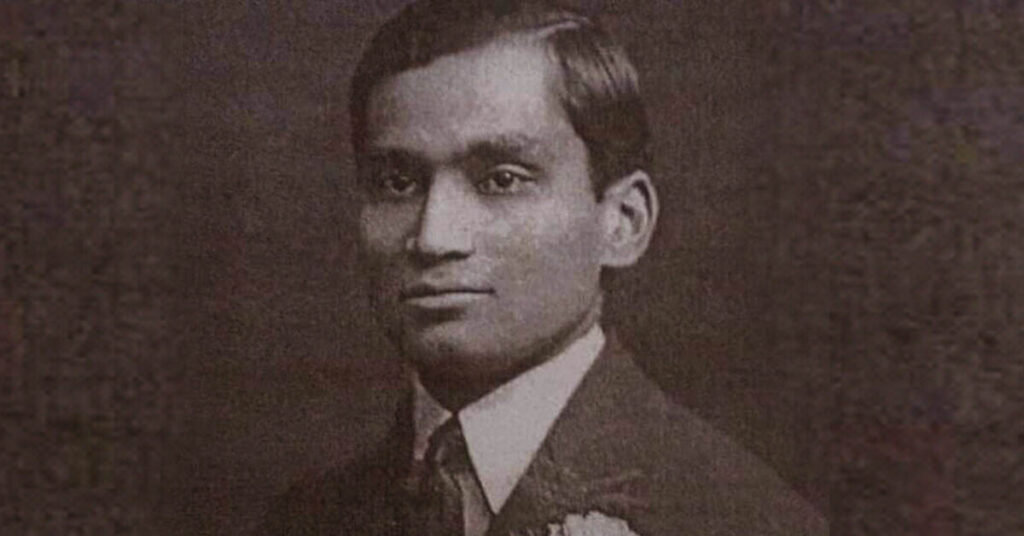Dr. Ananda Bormudoi

Post Independence Assamese poetry clearly marks a break away from the poetic pre-conceptions of their romantic predecessors. In pre-independence Indian poetry, India’s enslavement and freedom from the rule of the foreigners were very common themes but the freedom of the country made those themes obsolete. The love of the country manifested in rebuilding an independent India. But the hopes roused by freedom in the masses of the people did not take long to turn into despair. Jyotiprasad Agarwala, the great poet and artist, who inspired the people during the last phase of the freedom movement with patriotic songs and poems, was shocked when police opened fire on free citizens at Naliapul of Dibrugarh in 1948. He condemned the incident and wrote a poem warning those in power. The poet believed in the intrinsic worth of the people and he considered them the custodians of culture. They have fought against the enemies of culture throughout the ages. He considered it the duty of the poets and artists to stand by them at the time of need.
Also read: Dr Ananda Bormudoi : ‘Some Trends and Tendencies in Present Assamese Poetry’
Jyotiprasad widened the scope of poetry by writing poems on most unconventional themes. Poetry, for him, was a weapon to change men and society. To assert individuality, the poets usually try to be unconventional and innovative. Jyotiprasad himself broke away from the convention of the romantics. He did not simply celebrate the substance of God revealed by the world of nature. His imperative to the poets and artists was that they should welcome everything new that would be approved by our tradition. The ideal and the idyllic picture of the past glory no longer attracted the poets of the post independence era. Instead of contemplating a life beyond, the poets concentrated on the real problems that needed immediate attention. The most striking feature of poetry was secularisation. Romantic flights of imagination and escapism no longer interested the poets. The poems of Jyotiprasad written in the late forties, however, did not attract all the later generation of poets. The poets influenced by Marxist ideology focused on the immediate needs, grievances, hopes, struggles and sufferings of common men and did not pay much attention to the technique of the verbal construct. The content mattered more than the form for those poets. But this is not the whole story. Post independence Assamese poetry consists of three clear streams. (Contd.)
Dr. Ananda Bormudoi is the Editor-in-Chief of Poetry without Fear.